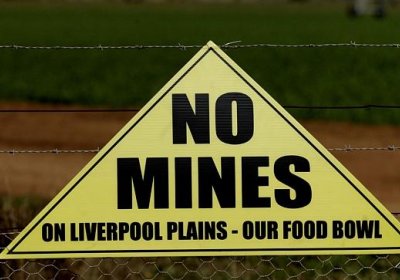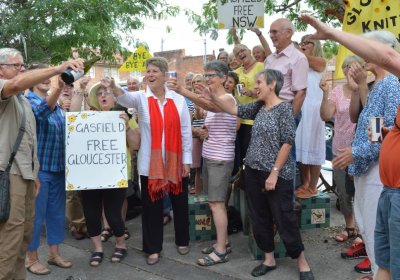An open letter from eight former agronomists and soil scientists, including five who worked for the Department of Primary Industries, has urged NSW Premier Gladys Berejiklian to halt Shenhua’s Watermark coalmine and protect the Liverpool Plains from mining.
The letter said the agreement the government reached last month with Shenhua to renew its coal exploration licence, paving the way for the mine to proceed, puts at risk “the future of one of the major contributors to food and fibre security”.










 Public submissions to the NSW Planning Assessment Commission (PAC) over July 12 and 13 were overwhelmingly against a fourth coal terminal (T4) to be located at Kooragang Island, near Newcastle.
Public submissions to the NSW Planning Assessment Commission (PAC) over July 12 and 13 were overwhelmingly against a fourth coal terminal (T4) to be located at Kooragang Island, near Newcastle.
